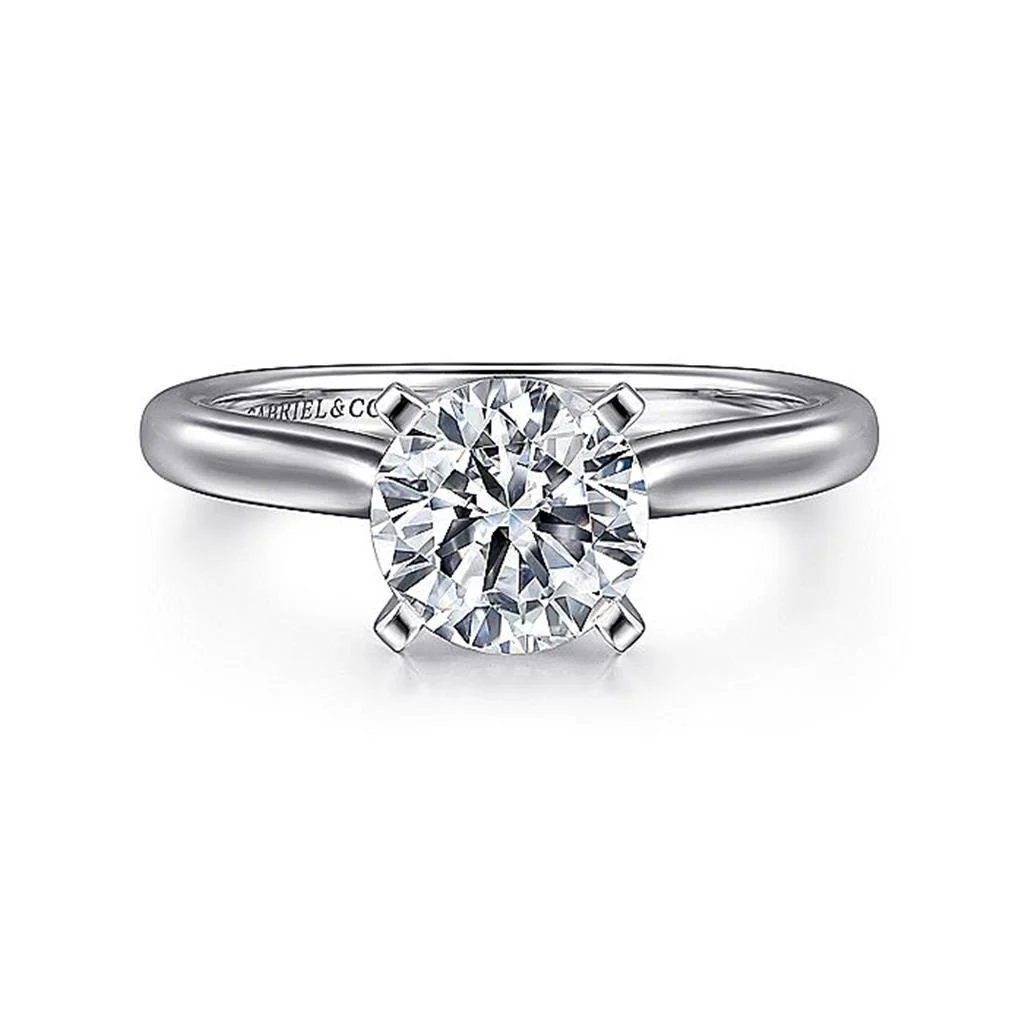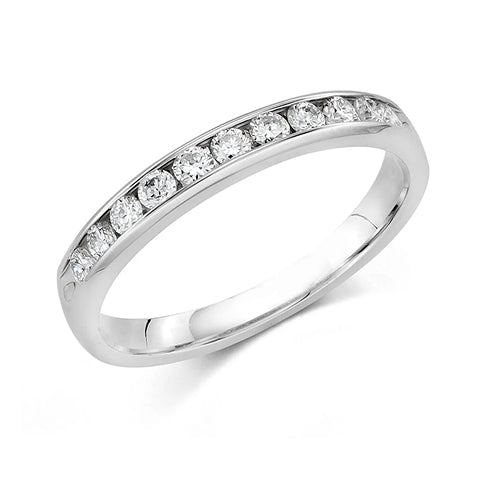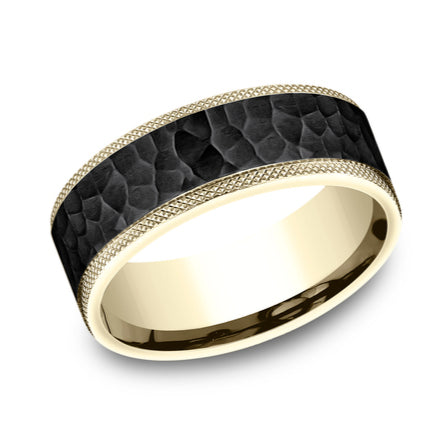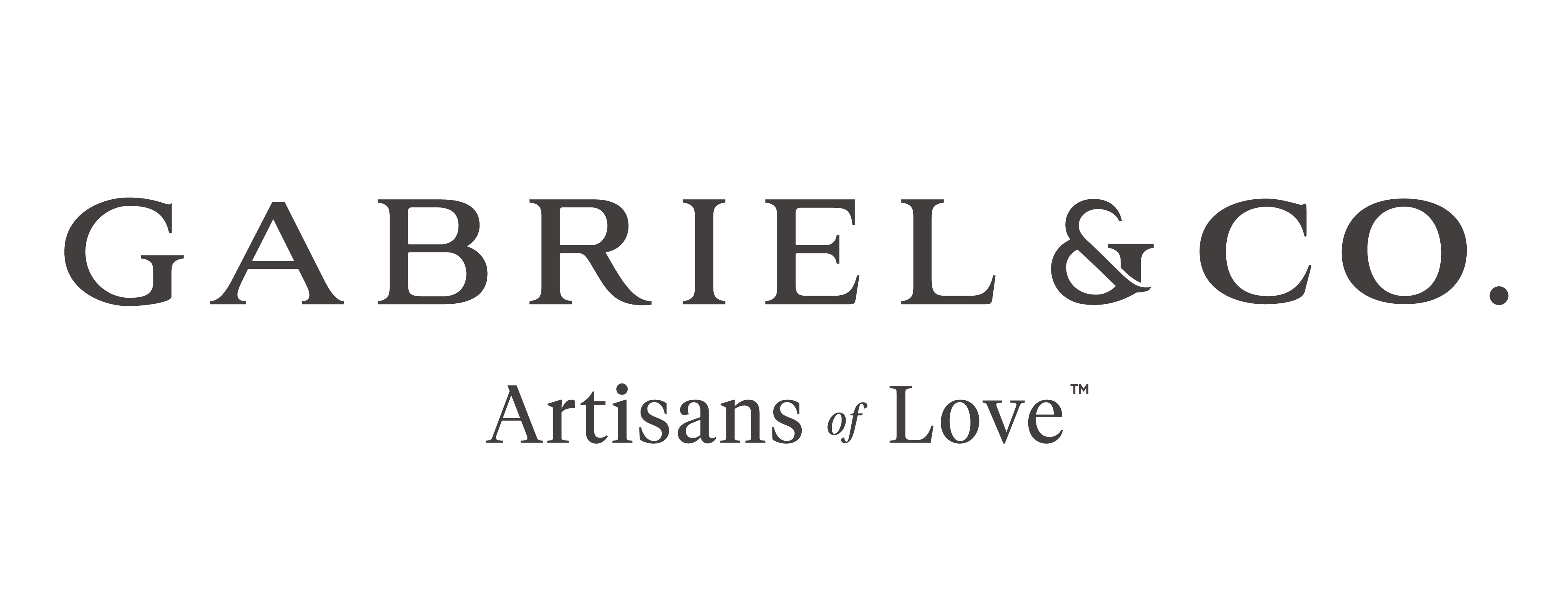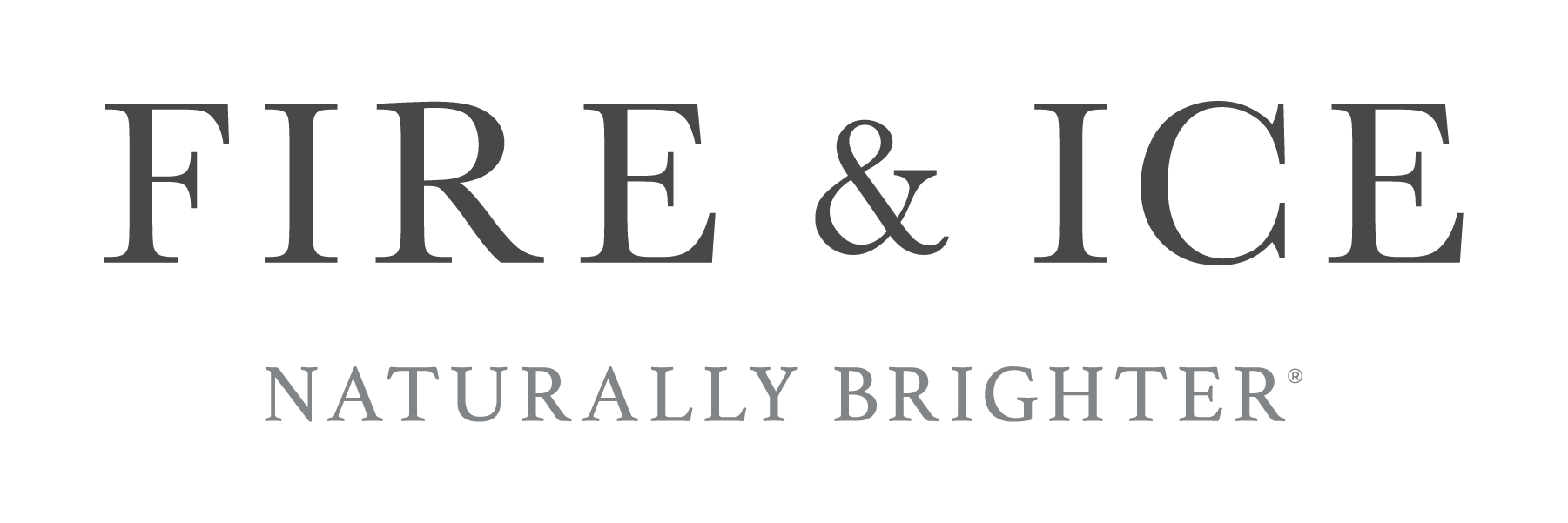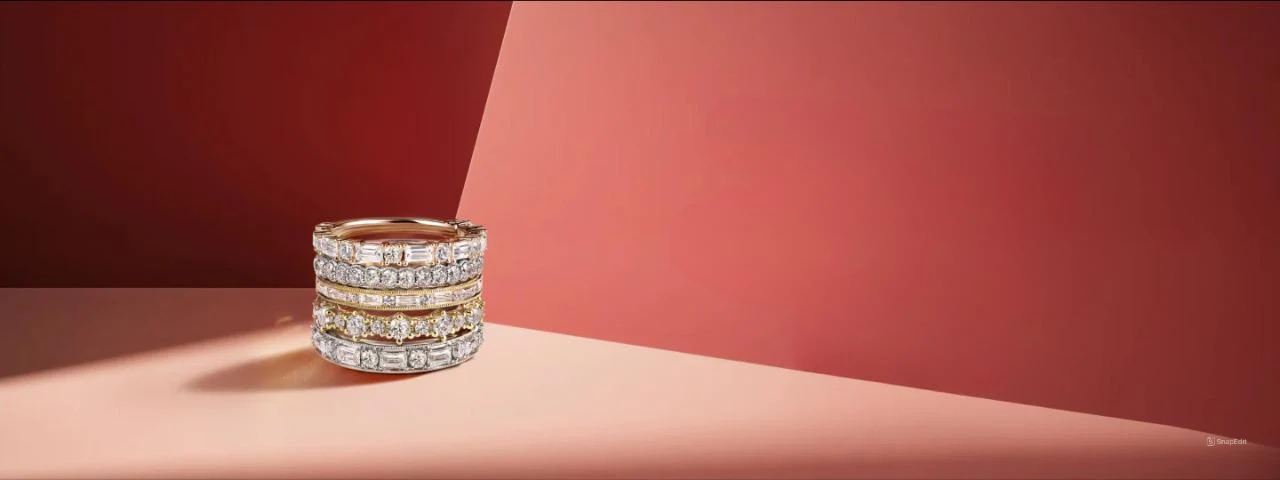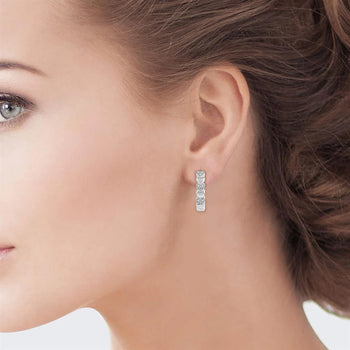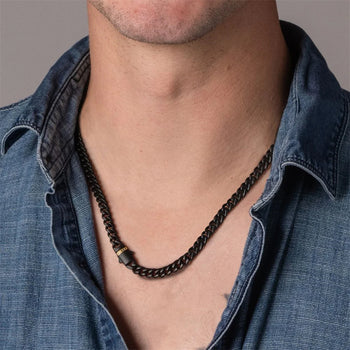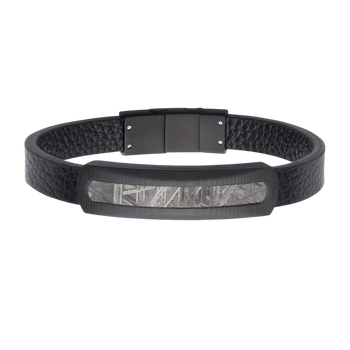
Understanding the Mohs Scale and Gemstone Durability
The Mohs hardness scale is an important factor in choosing gemstones. With other durability factors, Mohs hardness ratings can affect how you wear and care for your engagement ring and other fine jewelry. Learn how the Mohs hardness scale relates to durability and choosing diamonds and gemstones that can last a lifetime.
What is the Mohs Hardness Scale for Gemstones?
The Mohs Scale of Hardness, devised by German mineralogist Friedrich Mohs in 1812, ranks gemstones from 1 to 10, with 1 being the softest and 10 the hardest. A stone’s Mohs rating provides a measure of its scratch and abrasion resistance to other minerals.
For example, the Mohs scale chart shows that diamonds are the hardest gemstone and can scratch any other stone, and talc is the softest gemstone and most susceptible to scratches. Sapphire has a hardness value of 9, so it can scratch any mineral rated 1 through 8, but it can’t scratch diamond since it’s rated at 10. Other minerals on the scale include gypsum, calcite, fluorite, apatite, orthoclase feldspar, quartz, topaz, and corundum.
The Mohs scale isn’t necessarily linear or proportionate — instead, it ranks the hardness of gemstones on a relative basis. While only one point higher, diamond is actually 4 times harder than sapphire. Sapphire is only twice as hard as topaz despite a one-point up from topaz difference. The level of hardness between each value varies, although the dividing line between hard and soft stones is generally considered to be 7.
 Why is Gemstone Durability Important?
Why is Gemstone Durability Important?
The Mohs scale and gemstone durability are important considerations for gemstone wearability and the ability to withstand wear over time without losing value and appearance. Jewelry, especially rings and bracelets, is subject to daily activities that can result in scratches and knocks against surfaces or other damage.
As such, jewelry designers often consider durability when crafting pieces. For example, they may not use gemstones rated less than 7 for everyday use, or they may pair gemstones with similar hardness to prevent them from damaging each other.
Factors Affecting Gemstone Durability
Beyond the hardness and scratch resistance of gemstones, other factors can influence gemstone properties and durability.
Toughness
Toughness refers to a mineral’s resistance to breaking and chipping, which is determined by how its atoms bond together and is typically measured as its tenacity or resistance to blows. For example, a diamond can’t be scratched by steel, but a blow by a hammer can shatter one.
Scientific literature uses the fracture toughness scale to evaluate toughness. Diamond toughness can vary depending on the manner of impact — blows from certain angles can cleave or fracture the stone depending on the planes of its crystal structure, also known as cleavage. In contrast, softer stones may have certain crystal structures that make them more resistant to cracks from impact than others.
Stability
A mineral’s stability refers to its resistance to chemicals, heat, light, and humidity. Despite the hardness of a diamond, extreme temperature changes can cause fractures or worsen existing cracks. Opals may crack in low humidity, while prolonged light exposure can discolor citrine, amethyst, topaz, and other stones. Chemical exposure, even from cosmetics or perfume, can damage, discolor, or degrade porous gemstones.
Choosing the Right Gemstone for Your Jewelry
Consider these factors when selecting gemstones for your custom jewelry:
Gemstone Care and Maintenance
Proper care and maintenance are essential for preserving the condition of your gemstones and jewelry.
Everyday care
Remove and safely store jewelry before activities, such as cleaning or exercising, to avoid chemicals and impact. Be cautious applying makeup, lotion, or other products when wearing jewelry.
Cleaning
Periodically clean semi-precious gemstones using warm water, mild soap, and a soft-bristle brush to remove dirt and oils. Keep in mind that soft and porous gemstones, such as opal, pearl, and emerald, often require delicate care and shouldn’t be cleaned with or submerged in water. Instead, use a soft and dry cloth to remove dirt buildup and schedule professional maintenance to keep them looking their best.
Don’t use harsh or abrasive products on your gemstones. Avoid ultrasonic cleaners that can damage gemstones with vibration.
Storage
Keep gemstones protected in storage with a secure box or compartment. Separate your jewelry, and keep individual gemstones in soft pouches as they may scratch and chip each other if they come into contact. Protect jewelry from exposure to sunlight, extreme temperatures, or chemicals that may damage gemstones.
Professional maintenance
Schedule periodic inspection and maintenance from a professional jeweler to check for signs of wear, loose settings, or other issues that can damage gemstones. They can also clean and adjust your jewelry to prolong its lifespan and maintain its condition.
Call Jeweler’s Touch for Durable and Sparkling Gemstones
We offer a wide selection of durable gemstones for engagement rings, bracelets, necklaces, and earrings at our Placentia jewelry store as well as flexible financing to match your budget. Our expert jewelers and GIA-certified gemologists can help you pick a gemstone that suits your style and preferences. Contact us or schedule an appointment online today.
Frequently Asked Questions
Can damaged gemstones be repaired?
A professional jeweler can often repair a damaged gemstone by polishing and cleaning its surface. If they can’t repair a gemstone, you may consider a replacement gemstone.
When should I have my jewelry professionally inspected and cleaned?
Yearly professional inspections can help prolong your jewelry’s lifespan. Schedule maintenance sooner if necessary, such as for loose settings, dirt or oil buildup, tarnishes, or damage.

